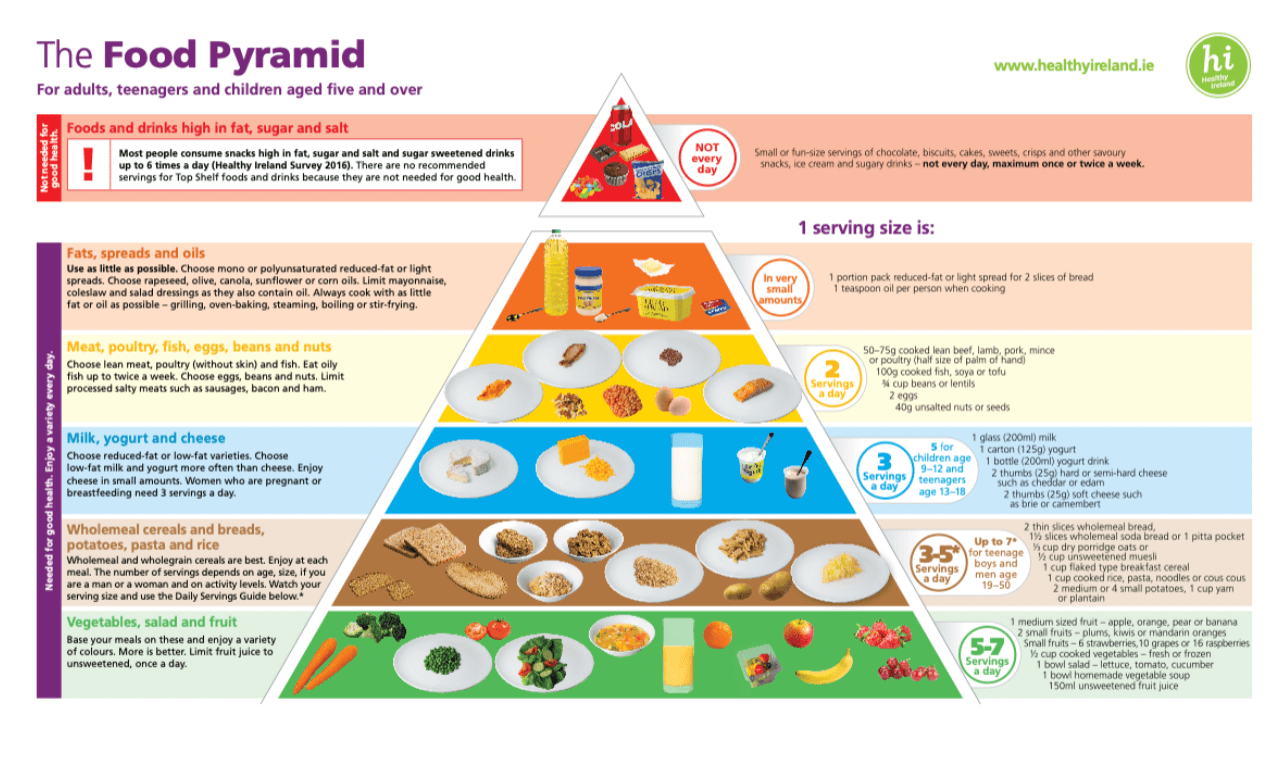Diabetes Management

Diabetes management requires awareness. Know what makes your blood sugar level rise and fall — and how to control these day-to-day factors.
Keeping your blood sugar levels within the range recommended by your doctor can be challenging. That’s because many things make your blood sugar levels change, sometimes unexpectedly. Following are some factors that can affect your blood sugar levels.
Treatment & Management of Type 2 Diabetes
Be a healthy weight
– If you are overweight, losing weight is an important way to manage your diabetes. Losing weight will help to improve diabetes control.
– Weight loss should be gradual. Try to lose 1-2lbs per week. This results in 10% of actual body weight over 3-6 months.
– Losing weight will help to:
– Control your diabetes
– Reduce the risk of heart disease
– Improve mobility
– Lower cholesterol
– Lower blood pressure
Be physically active
– Being physically active is important for your mental and physical wellbeing.
– It can help to improve your mood and sleep
– Reduce your stress and anxiety
– Enhance your self esteem
– Maintain a healthy weight
– Reduce your risk of developing co-morbidities of Type 2 Diabetes such as heart disease.
– Aim for at least 30 minutes of physical activity 5 days per week.
Eat healthy foods
– Tips for eating well for Type 2 Diabetes
– Eat regular meals. Try to have a breakfast, lunch and dinner
– If you are hungry between meals have some fruit or a low fat yoghurt.
– Include a variety of foods and try to follow the food pyramid.
– Limit your intake of top shelf foods (these should be limited to once or twice per week)
– Eat oily fish twice per week.
– Try to fill ½ your dinner plate with vegetables.
– Avoid adding salt to meals.
– Cut down on processed foods.
Carbohydrates
Carbohydrates have the greatest effect on blood sugar. Carbohydrates are digested and broken down to sugars. It is important to understand sources of carbohydrates.
Starchy carbohydrates
– Potatoes
– Rice
– Pasta
– Noodles
– Cereal
– Bread and crackers
Sugary carbohydrates
– Cakes
– Biscuits
– Chocolate
– Jams
Try to use wholegrain versions of these foods where possible. For example, swap white rice for brown rice and white bread for brown bread.
Food Labels
– Look at the sugar content on food labels when purchasing foods.
– A food is low in sugar if it has 5g per 100g.
– There is no need to buy ‘diabetic foods’ these can be high in fat, calories and are quite expensive.
Limit alcohol
– Stick to the alcohol references; no more than 11 standard units for women and 17 standard units for men per week.
Quit smoking
-Take medications as prescribed
– Always take your diabetes medication as prescribed by your doctor.
– If you have any questions relating to your medication, ask your doctor or pharmacist.
– Hypoglycaemia means low blood glucose (less than 4mmol/L). Hypos can happen as a side effect of some diabetes medication. Not everyone is at risk- ASK your doctor or pharmacist about YOUR risk.
Regular check-ups with your GP
Mind your mind
Control your stress levels
Look for patterns.
Log your stress level on a scale of 1 to 10 when you feel stressed.
Take control.
Learn relaxation techniques, prioritise your tasks and set limits. Whenever possible, avoid common stressors. Exercise can often help relieve stress.
Get help.
Learn new strategies for coping with stress. You may find that talking to a friend or family member, working with a psychologist or clinical social worker can help you identify stressors, solve stressful problems, or learn new coping skills.

 Locations
Locations
 Patient Registration
Patient Registration